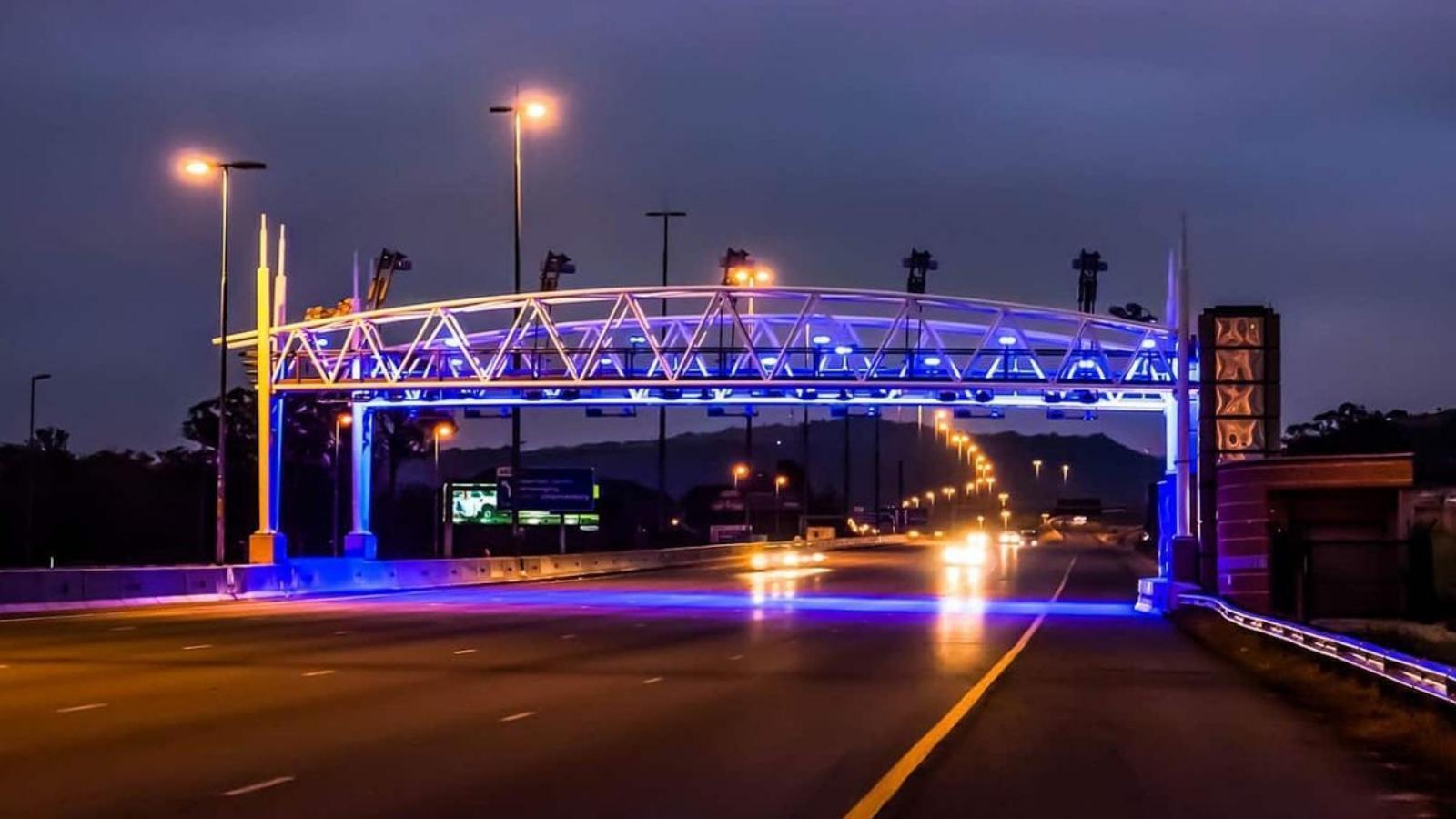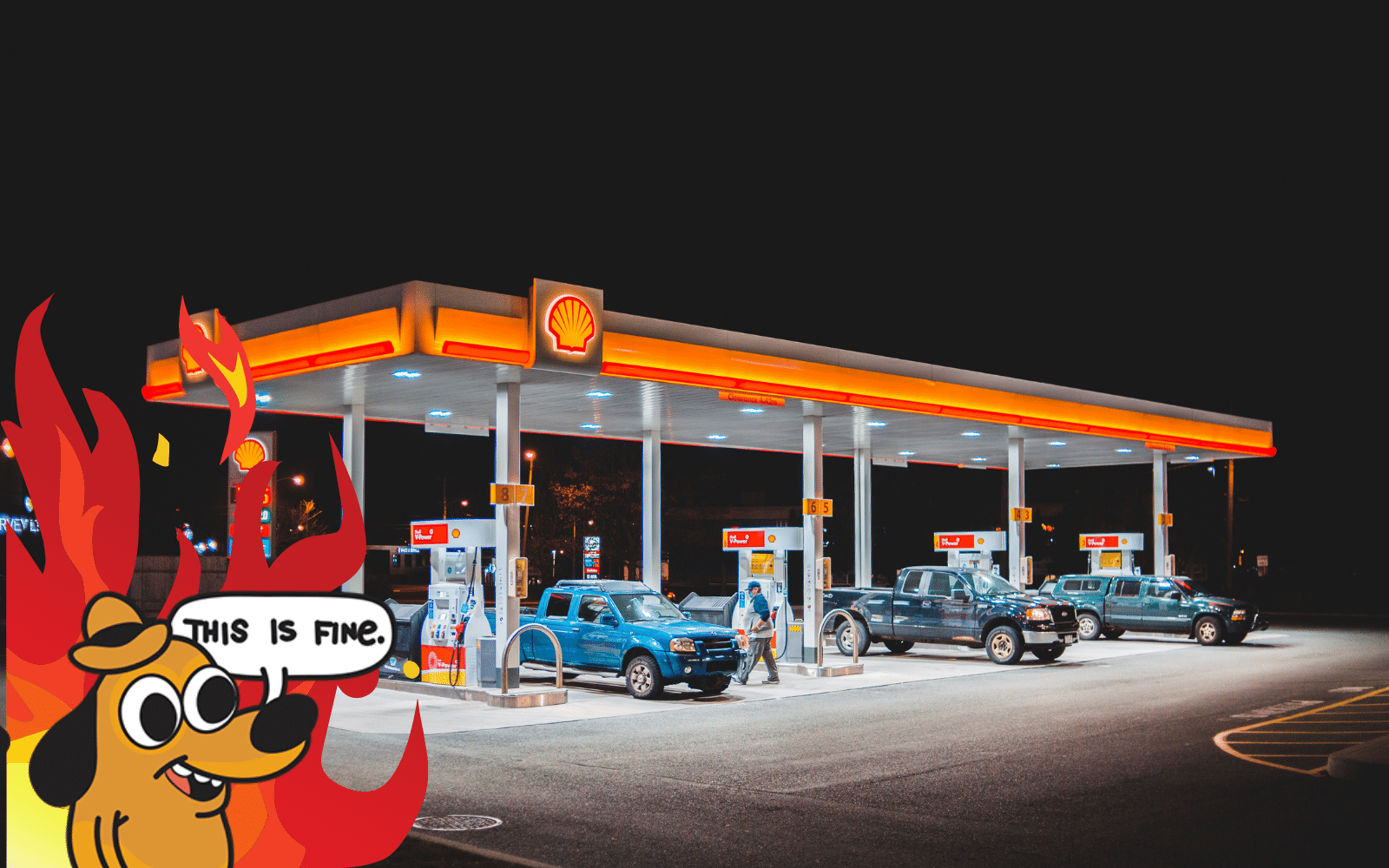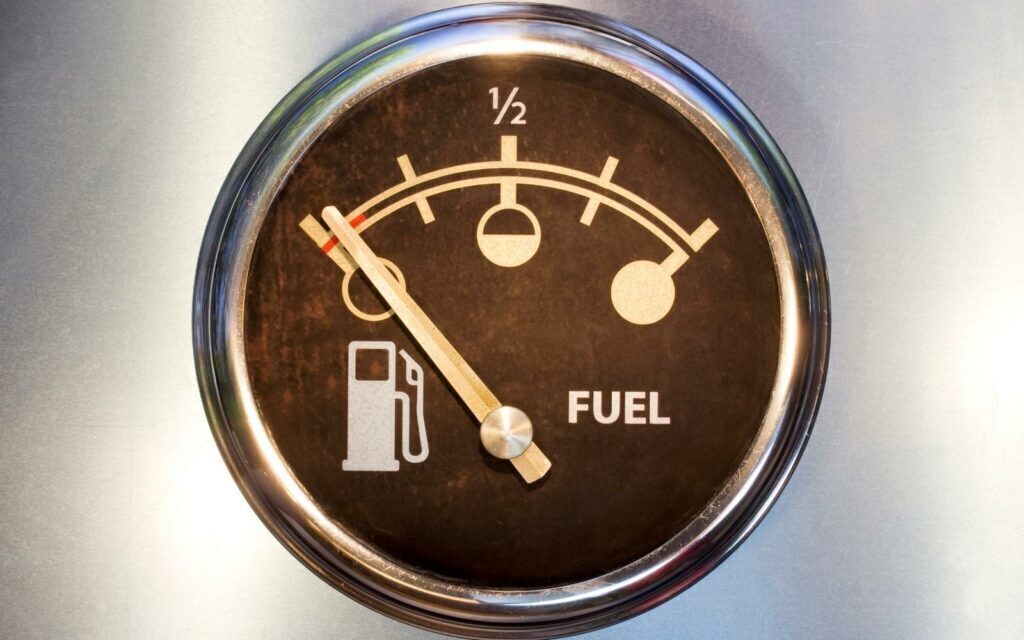South Africa’s Minister of Finance, Enoch Godongwana could potentially raise the fuel levy to help pay for e-tolls. The Organisation Undoing Tax Abuse (Outa) believes the Minister may take advantage of the expected drop in fuel prices for September to raise the levy.
E-tolls were a massive failure. And that’s the issue – Outa chief executive Wayne Duvenage is concerned that the government will raise the current levy by 25 or 30 cents to correct its misstep. The levy would specifically cover the cost of the Gauteng freeway improvement bonds (which e-tolls themselves were meant to cover).
Bailing e-tolls out

“Recently, Minister of Transport Fikile Mbalula indicated that an announcement on the e-toll decision is expected to coincide with the Minister of Finance’s medium-term budget policy statement, due in October. If this were to happen, Outa would denounce this decision on the basis that the fuel levy has already been increased in excess of R2.50/l since the Gauteng freeway upgrade began in 2008.” Duvenage said.
An additional fuel levy has previously turned up following substantial fuel price drops. In 2014, fuel prices dropped from R14/l to R10/l. South Africa’s government took the opportunity to add a 50c Road Accident Fund levy, paired with a 30c general fuel levy. These have yet to be removed, adding to the ongoing chaos that is 2022’s petrol price.
Eleven years ago, Outa suggested the government add a 10c charge to the fuel levy instead of implementing the unpopular e-tolls program. Implemented at the time, this would have seen SANRAL’s bonds paid off already. Unfortunately, the government didn’t listen at the time.
“Short-term financial gains lead to long-term negative ramifications for taxpayers,” said Duvenage.
September fuel prices and the potential levy

September’s petrol prices are still in limbo, waiting on the Department of Energy’s official decision. But a rough estimate based on the Central Energy Fund’s mid-month predictions is possible. These predictions are based on factors like current oil prices and the Rand to Dollar trade. From this, the Central Energy Fund expects a drop of around R2.60 in petrol prices and R2.30 for diesel.
Read More: SANRAL launches an app designed to help it find and fix potholes
If the levy goes through, South Africa would experience (roughly) a R2.30 decrease for petrol and R2.00 for diesel. Yes, compared to previous prices in 2022, a 30c addition doesn’t seem excessive. But that price increase, based on other funding initiatives using SA’s fuel price, would never, ever go away.
Source: BusinessTech




